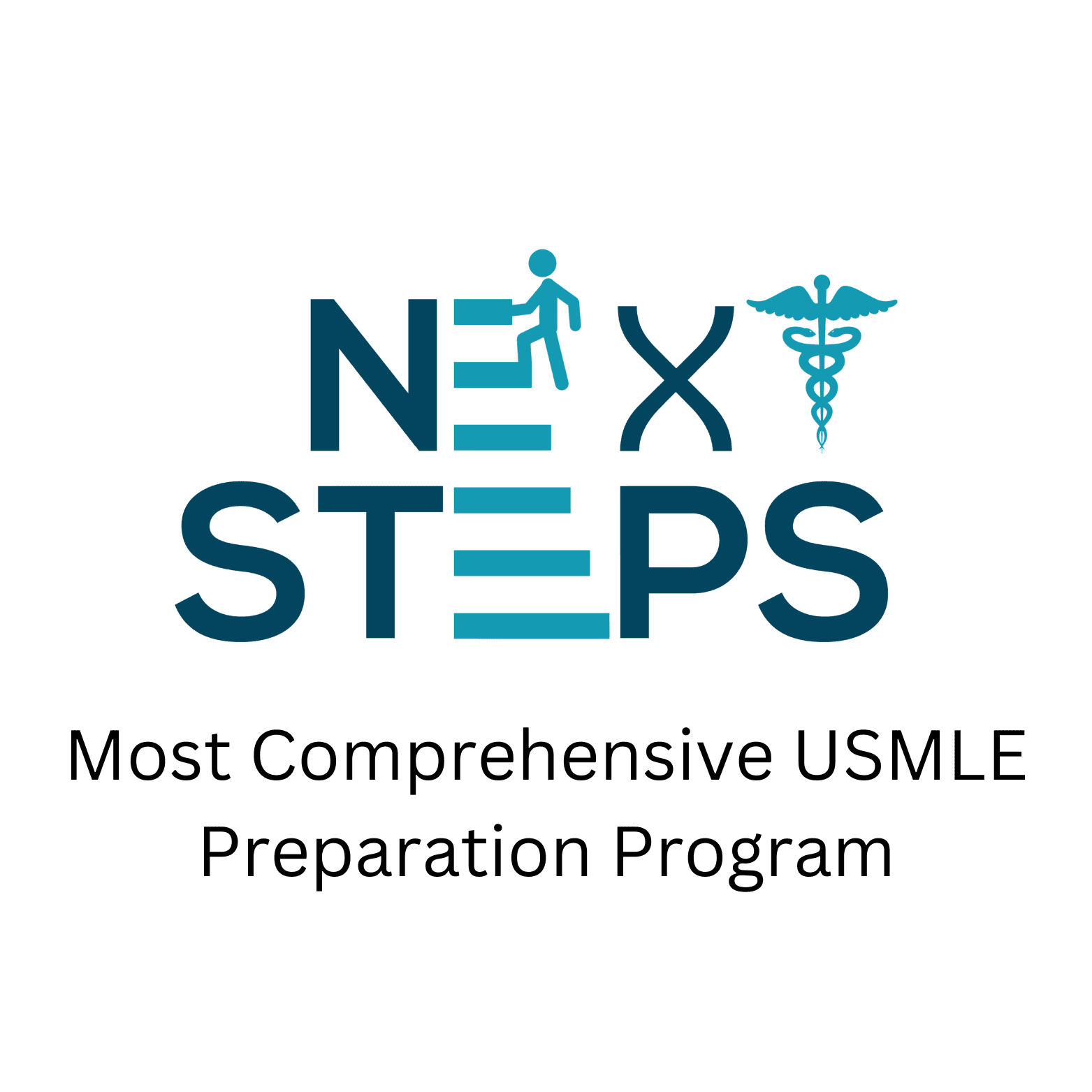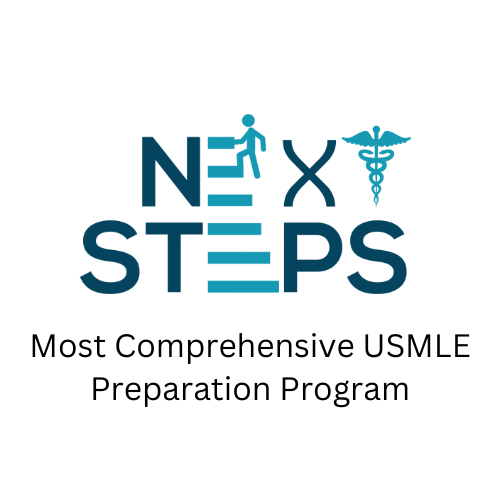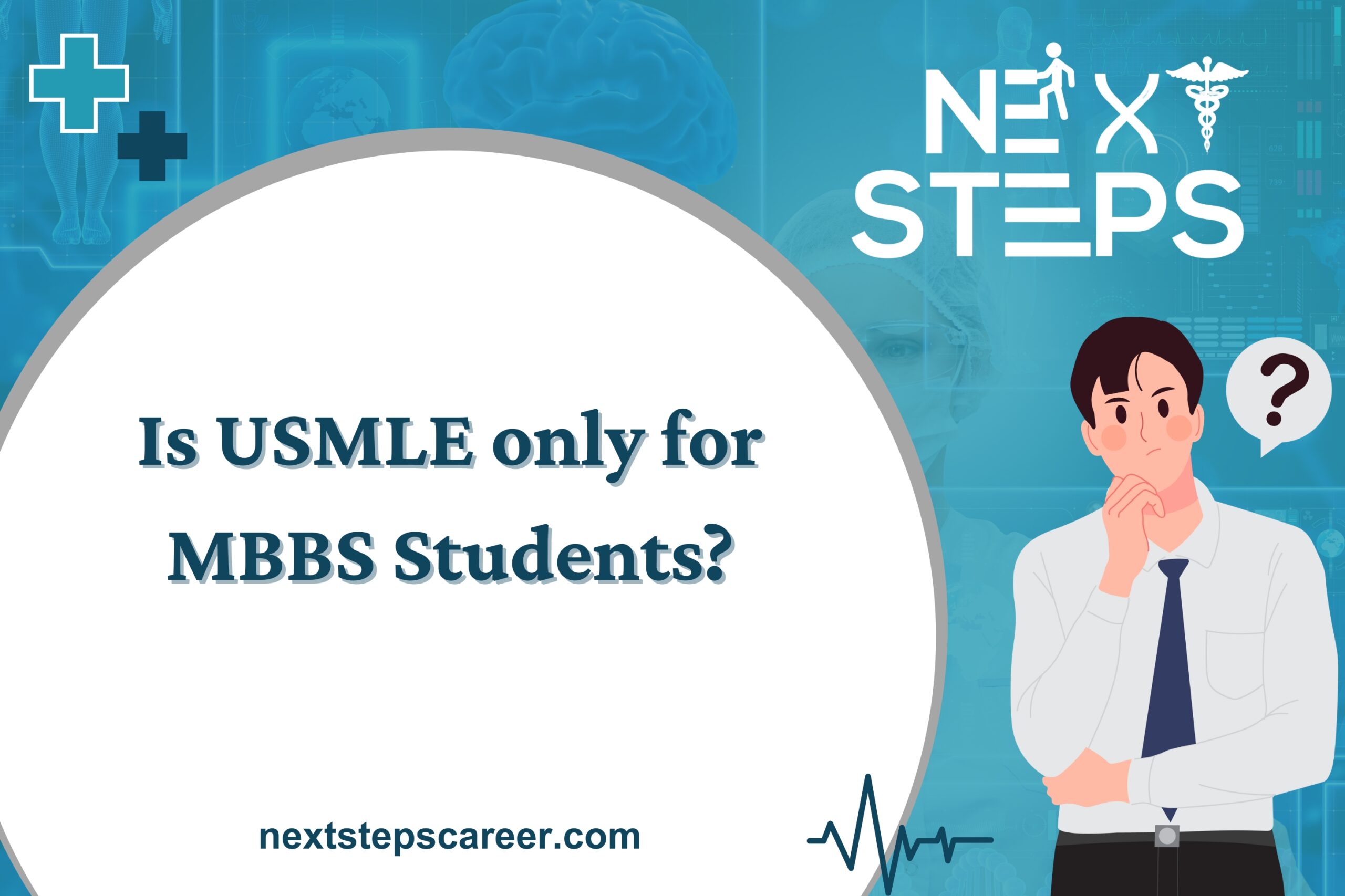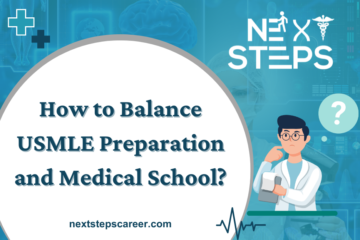Is USMLE Only for MBBS Students? Understanding Who Can Take the USMLE
The United States Medical Licensing Examination (USMLE) is a crucial pathway for medical graduates aspiring to practice medicine in the United States. Many prospective examinees wonder if this examination is exclusively for MBBS (Bachelor of Medicine, Bachelor of Surgery) students or if it is accessible to a wider range of medical professionals. In this blog post, we will explore who can take the USMLE and clarify common misconceptions surrounding this essential examination.
What is the USMLE?
The USMLE is a three-step examination process that assesses a physician’s ability to apply knowledge, concepts, and principles that are essential for safe and effective patient care. The steps are:
-
- Step 1: Tests knowledge of basic medical sciences.
-
- Step 2: Divided into Clinical Knowledge (CK) and Clinical Skills (CS), it assesses the ability to manage patient care.
-
- Step 3: Evaluates the ability to apply medical knowledge in the practice of medicine.
Who Can Take the USMLE?
The USMLE is designed for various types of medical graduates. Here’s a breakdown of who can take the examination:
1. MBBS Graduates
-
- Eligibility: Students who have completed their MBBS degree from recognized medical schools are eligible to take the USMLE. This includes graduates from both national and international medical schools.
2. Other Medical Graduates
-
- MD and DO Graduates: Graduates with a Doctor of Medicine (MD) or Doctor of Osteopathic Medicine (DO) degree from accredited U.S. medical schools can also take the USMLE.
-
- International Medical Graduates (IMGs): Students who have graduated from non-U.S. medical schools can sit for the USMLE as long as their medical school is listed in the World Directory of Medical Schools. This category includes students who have earned their medical degrees outside of the U.S. and Canada.
3. Students in Medical School
-
- Current Medical Students: Students currently enrolled in medical school who have completed the required coursework and are in good standing may also be eligible to take certain parts of the USMLE, particularly Step 1 and Step 2 CK, before graduation.
Is USMLE Only for Aspiring Physicians?
While the USMLE is primarily designed for individuals pursuing a career in medicine, it is important to note that:
-
- Other Health Professionals: Some health professionals, such as nurse practitioners and physician assistants, may take portions of the USMLE for licensure or certification purposes. However, their pathways and requirements differ from those of physicians.
-
- Residency Applicants: The USMLE is not exclusively for those seeking residency positions. It is a requirement for all physicians who wish to practice medicine in the U.S., regardless of whether they are applying for residency or fellowship programs.
Common Misconceptions
1. USMLE is Only for MBBS Graduates
-
- Reality: While MBBS graduates make up a significant portion of USMLE test-takers, the examination is open to anyone with a valid medical degree from an accredited institution.
2. Only U.S. Citizens Can Take the USMLE
-
- Reality: The USMLE is available to all medical graduates, regardless of citizenship. IMGs often take the USMLE as part of their journey to secure a residency position in the United States.
3. The USMLE is Only for New Graduates
-
- Reality: The USMLE is available to medical graduates at various stages of their careers. Even if you have graduated years ago, you can still take the examination, provided you meet the eligibility criteria.
Conclusion
In summary, the USMLE is not exclusively for MBBS students; it is a comprehensive examination accessible to a diverse range of medical graduates, including MDs, DOs, and IMGs. Whether you are an aspiring physician or a seasoned medical professional, understanding the eligibility criteria and pathways to take the USMLE is essential for your career in medicine in the United States. If you are considering taking the USMLE, ensure that you meet the necessary requirements, prepare thoroughly, and take advantage of available resources to succeed on your journey to practice medicine in the U.S.





